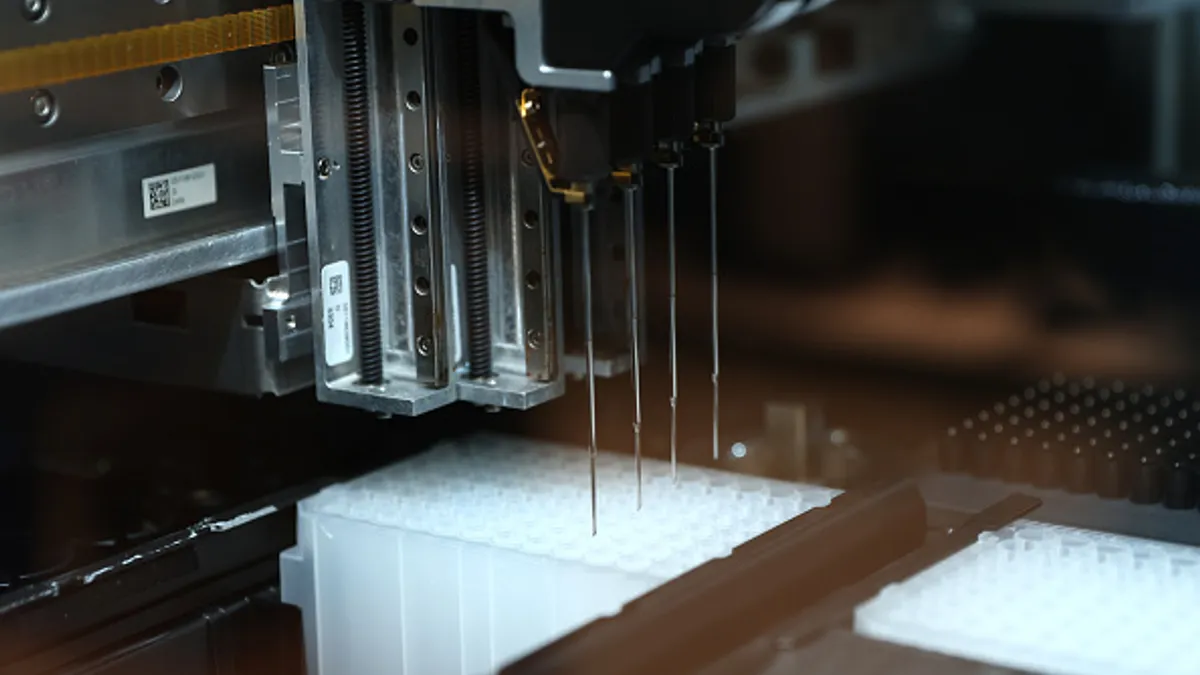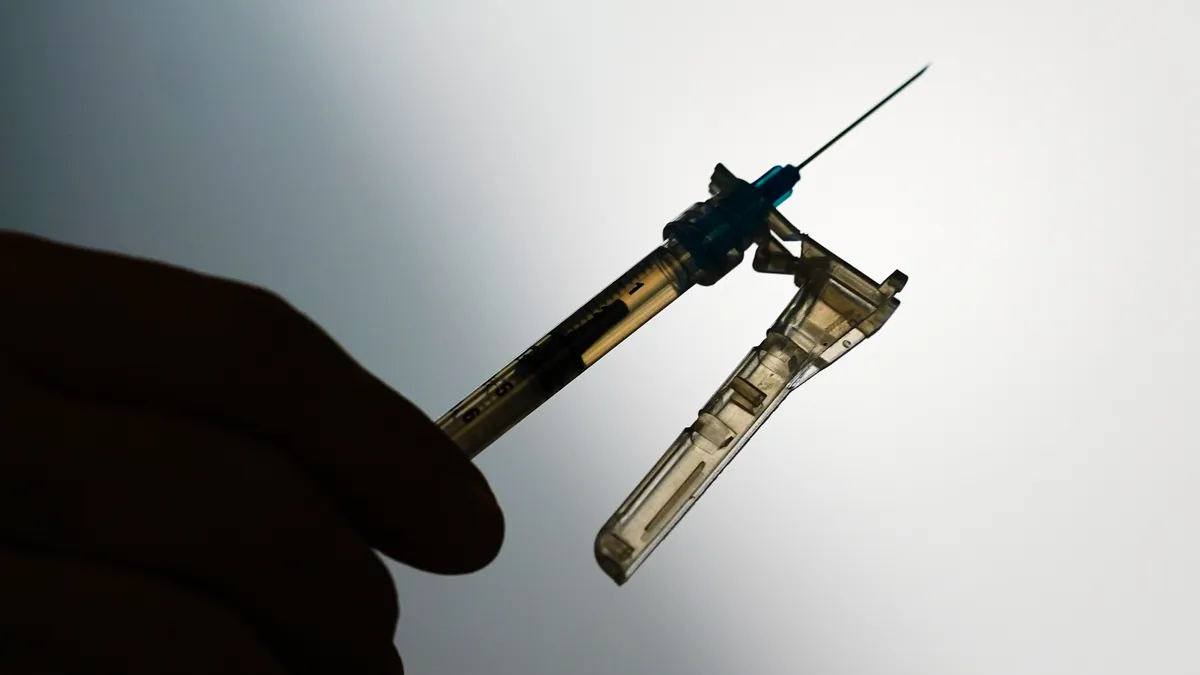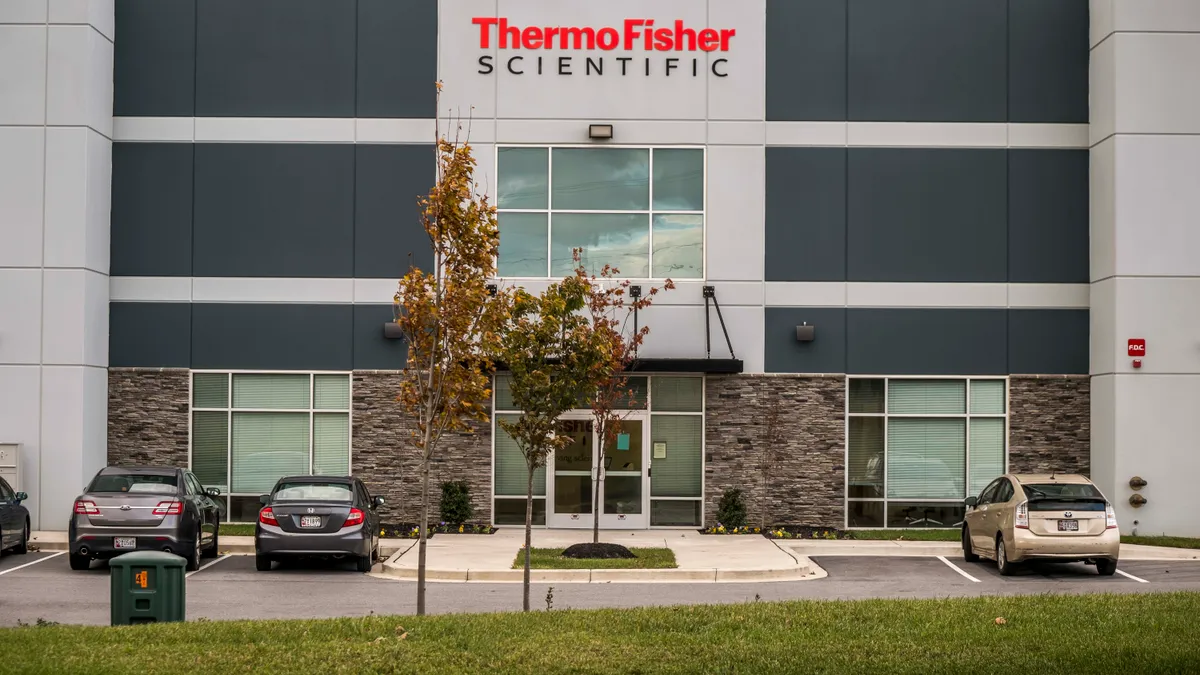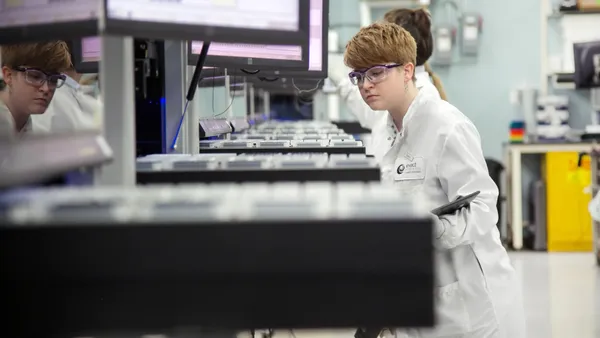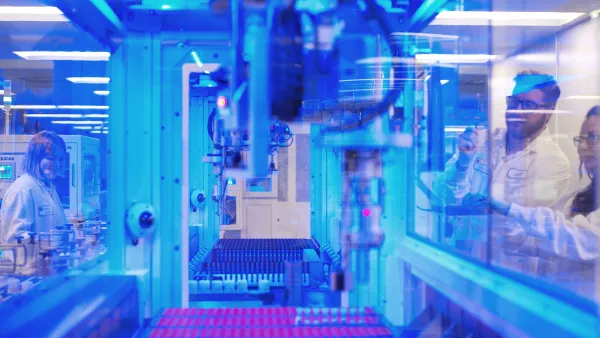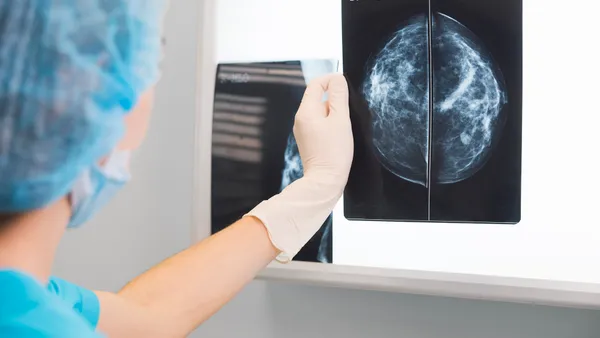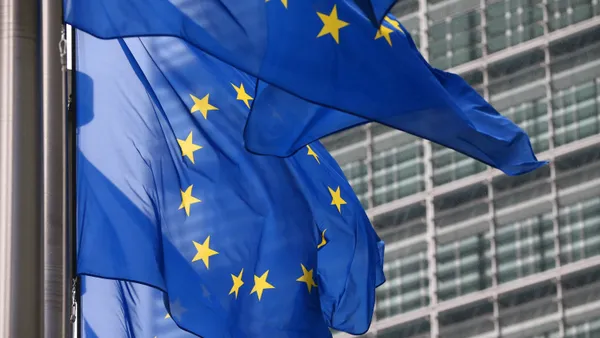A dispute over payment for monkeypox testing could set back U.S. efforts to halt the spread of the disease, testing companies and public health experts say.
After a lobbying group for the largest U.S. commercial laboratories warned that government reimbursement rates for the test are too low, the Center for Medicare and Medicaid Services appears to have sidestepped the issue by allowing regional contractors to set reimbursement rates below what the testing firms say they need to continue the work.
Without the commercial laboratories, which can conduct as many as 80,000 of the tests a week, the U.S. would be reliant on labs that are part of the network of largely public health labs affiliated with the Centers for Disease Control and Prevention.
“We know that the commercial labs are the only ones that have really been able to meet the testing needs of this country for monkeypox, just like they were for COVID,” said Amesh Adalja, a senior scholar with the Johns Hopkins Center for Health Security. “If they're not reimbursed appropriately, they're just not going to engage, and if they don't engage, we’ll be stuck with the CDC-affiliated labs, which are woefully inadequate.”
In response to a letter by the American Clinical Laboratory Association (ACLA) last week asking for more clarity on monkeypox test coverage, the CMS said that Medicare will pay for the tests when they’re ordered by a health professional.
Still, the agency said that until it issues a National Coverage Determination for monkeypox testing, Medicare Administrative Contractors are to set reimbursement rates. Novitas, which manages two jurisdictions covering 11 states and the Veterans Affairs healthcare network, pays $51.31 per test, while Noridian, which covers 13 states, set a rate of $35.09 per test. That was a key complaint of the ACLA in its letter to the agency, which said laboratory companies should get paid $76.97 per test.
"ACLA is concerned that the inadequate payment rates set by the MACs may impact current and future access to monkeypox testing, not only from ACLA member laboratories but also from other health care entities that want to offer the test to serve their communities," the trade group wrote in its initial letter.
The ACLA also sought to clarify coverage by state Medicaid agencies and commercial health plans.
“As detailed in ACLA’s recent letters to CMS, there is currently a lack of clarity on coverage of these tests. This raises concerns from providers and patients on whether payers will cover monkeypox tests,” ACLA wrote in an email, responding to the CMS statement.
The lab group said it is committed to ensuring patients have access to monkeypox testing and will “continue to collaborate with the federal government writ-large on this response – including on reimbursement for testing.”
Whether that lack of clarity will translate to problems with test availability remains to be seen. Predictability is key for lab companies to scale up testing resources, but has been short in supply between the COVID-19 pandemic and the recent monkeypox outbreak.
Currently, five commercial laboratories are providing capacity of about 80,000 tests per week. Two of them, Quest and Labcorp, declined to comment beyond ACLA’s statement.
Testing companies not only consider the per-test reimbursement rate but also the volume of demand for the test, Ian Lipkin, a professor of epidemiology and director at Columbia University’s Mailman School of Public Health, wrote in an email.
Looking to COVID-19 testing, some companies have shut down as demand has waned, such as Menlo Park-based startup SummerBio, Lipkin noted.


